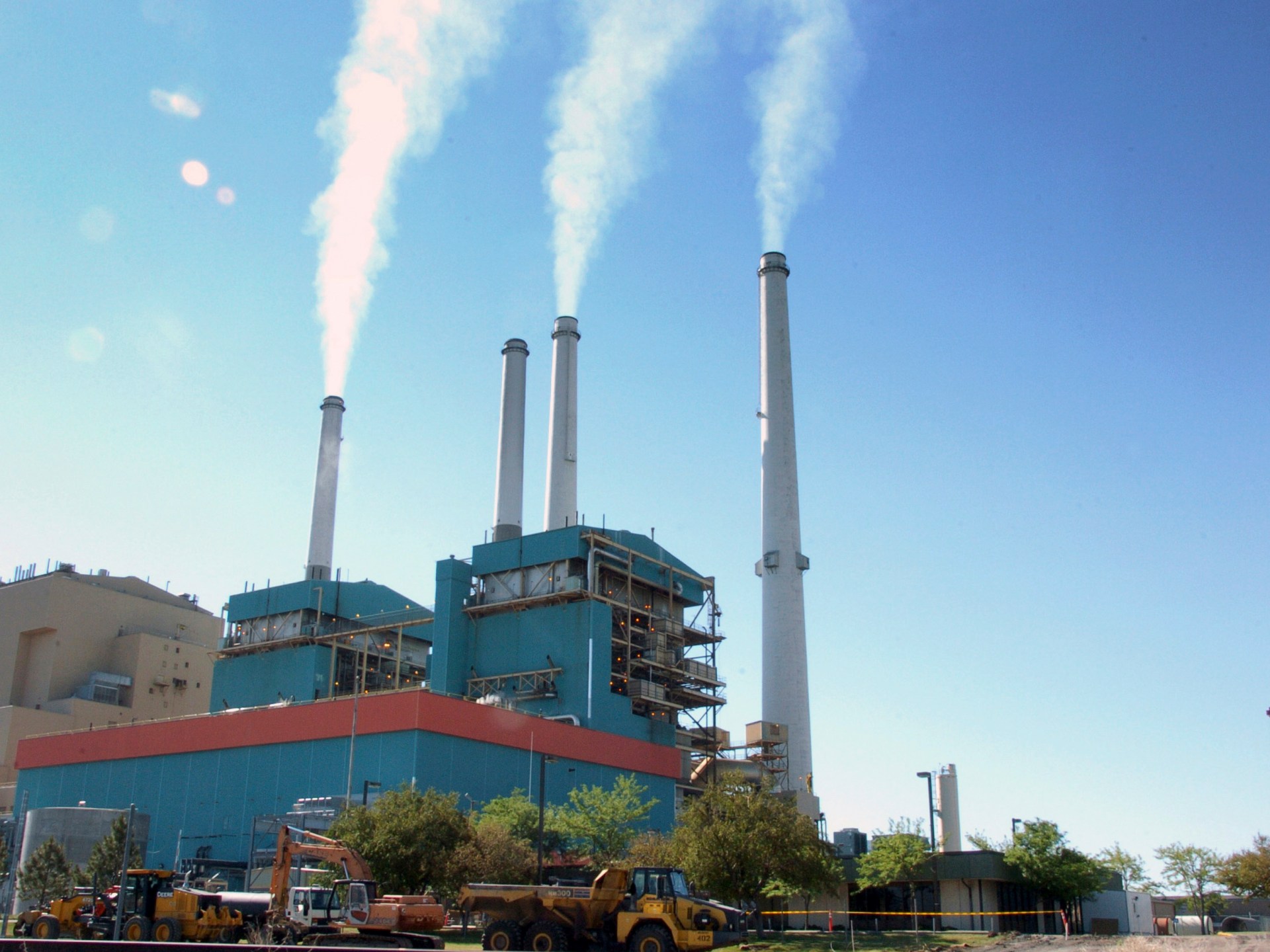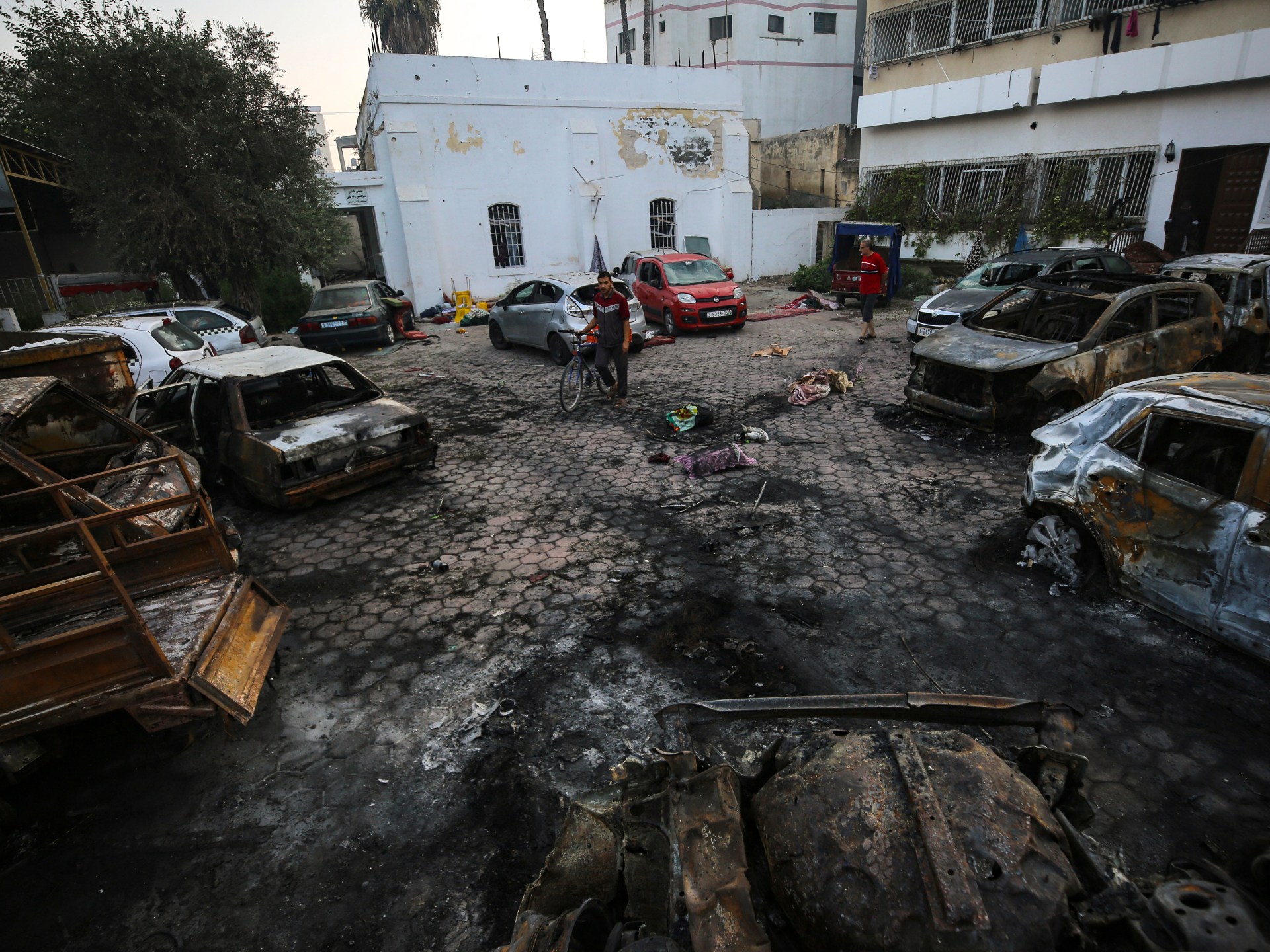Judge sides with youth activists in historic US climate crisis case
In a first-of-its-kind trial, US youth accuse Montana of violating their rights through lax environmental policies.
A federal judge in the United States has sided with youth activists who accuse Montana state agencies of violating their constitutional rights to a clean and healthy environment.
In a ruling on Monday, District Court Judge Kathy Seeley found that the policy the US state uses to evaluate requests for fossil fuel permits is unconstitutional.
She pointed to the fact that the policy — part of the Montana Environmental Policy Act — prevents the state government from weighing the harmful effects of greenhouse gas emissions.
“Montana’s emissions and climate change have been proven to be a substantial factor in causing climate impacts to Montana’s environment and harm and injury,” Seeley wrote.
The Montana trial is the first of its kind in the United States. It adds to a small but growing number of legal decisions around the world that have established a government’s duty to protect citizens from climate change.
Monday’s ruling requires the Montana legislature to find a way to bring the policy into compliance. But that is set to be a slow process in a Republican-led state heavily reliant on the fossil fuel industry.
Nevertheless, Julia Olson, a lawyer representing the young people for the environmental group Our Children’s Trust, hailed the decision.
“As fires rage in the West, fueled by fossil fuel pollution, today’s ruling in Montana is a game-changer that marks a turning point in this generation’s efforts to save the planet from the devastating effects of human-caused climate chaos,” Olson said in a statement. “This is a huge win for Montana, for youth, for democracy, and for our climate. More rulings like this will certainly come.”
But Emily Flower, spokeswoman for Montana Attorney General Austin Knudsen, dismissed Monday’s decision.
“This ruling is absurd but not surprising from a judge who let the plaintiffs’ attorneys put on a weeklong taxpayer-funded publicity stunt that was supposed to be a trial,” Flower said.
She accused Seeley of being an “ideological judge who bent over backward to allow the case to move forward” and said the state would appeal.
The 16 plaintiffs in the case range in age from five to 22. During a two-week trial in June, their lawyers presented evidence that increasing carbon dioxide emissions are driving hotter temperatures, more droughts and wildfires.
They argued the state’s policies were directly affecting the wellbeing of the young people, both physically and mentally.
For its part, the state has argued that, even if Montana completely stopped producing carbon dioxide, it would have “no meaningful impact” because the state’s emissions are relatively small compared with the amount produced globally.
The case is the latest in a trend of youth-led climate lawsuits. In March, a Swedish court gave the green light to a climate lawsuit filed by 20-year-old activist Greta Thunberg and others, alleging the government’s approach to stemming rising temperatures was “insufficient”.
In April, a judge in Ontario also ruled that Canada’s courts may consider a lawsuit brought by seven youth activists, charging that the government’s response to climate change infringed on their human rights.




